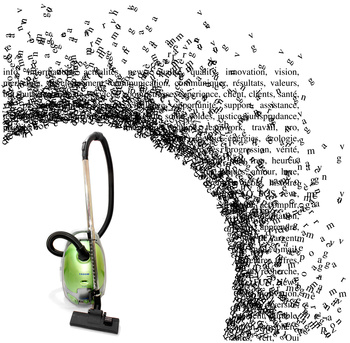Principles, coaching and spirituality
Many experienced coaches will tell you how their coaching has changed since they first started. In today’s guest post experienced coach Liz Scott shares a bit about how her’s has evolved.
Principles, coaching and spirituality
By Liz Scott

A few years ago my life transformed. It didn’t transform in a snappy, flashy ‘fireworks’ kind of way, it was more like a gentle defrosting of icy beliefs and fears. Once these beliefs had dissolved I was left standing in mental health, freedom and wellness. Don’t get me wrong. I still experience the full range of human emotions. I feel sad, happy, angry and frustrated. It’s just that I no longer dwell and wallow in these emotions; instead I fall out of them and into peace.
It all started when I came across the Three Principles behind life. When I say principle I don’t mean ‘good idea’ I mean the fundamental spiritual facts that are at the root of the whole of the human psychological experience.
Understanding these principles has been profound. I have shifted my business and life around what I am learning, my husband is too.
If you are reading this with a half skeptical ‘yeah, ok tell me what these magic principles are’ kind of attitude then I wouldn’t blame you. In fact I’d recommend you keep a healthy skeptical mind.
On one level The Three Principles (which are mind, consciousness and thought) are just words. It’s when we understand and experience for ourselves how they operate, that the real shifts begin. These principles point towards the common denominator of the human experience; they point towards the spiritual, creative potential that is in us all.
The other night I looked up onto the moon and my heart filled with awe. I momentarily tried to imagine all the people who through the ages had gazed up at the same moon. It was too much for my brain to compute – instead I felt a sense of wonder and connection. This feeling of wonder and connection is the birthright of all human beings. I don’t have to gaze at the moon to experience it. When I’m coaching others this is the space I want to be coaching from. It is this space of creative potential that I want to point my clients to.
Another word for it would be spirituality. This is about reconnecting people with their spiritual nature. When we are plugged into this creative infinite potential then navigating through life is more fulfilling and easeful. Life makes more sense.
As coaches I believe we are here to point our clients back to this space. I want them to reconnect with a part of themselves that they have temporarily forgotten. There is incredible richness for us all to be in touch with this.
About Liz Scott
Liz Scott is a successful business and leadership coach. She co-founded www.coachingconnect.co.uk and is running a one-day event with some of the UK’s best known facilitators and coaches on July 29th https://www.eventbrite.co.uk/e/top-3p-facilitators-in-devon-coaching-connect-tickets-25648079095



 Liz Scott is a leadership coach and coaching skills trainer. She works extensively in schools helping to develop coaching cultures. Liz and her husband Stu run their business www.lizscottcoaching.com and they also the leaders of a supportive network for coaches
Liz Scott is a leadership coach and coaching skills trainer. She works extensively in schools helping to develop coaching cultures. Liz and her husband Stu run their business www.lizscottcoaching.com and they also the leaders of a supportive network for coaches 




